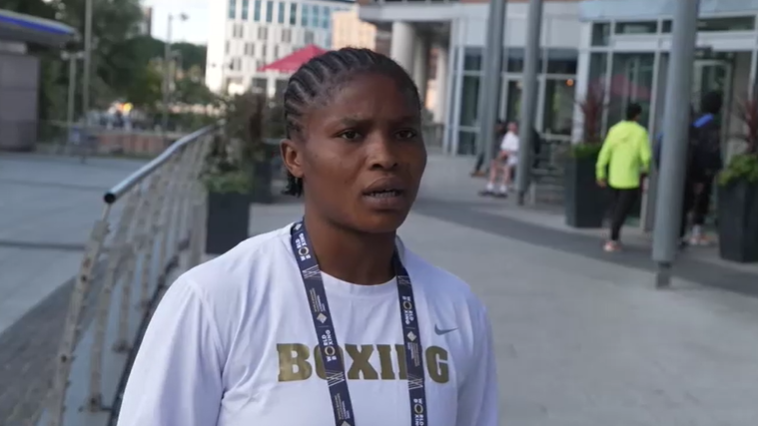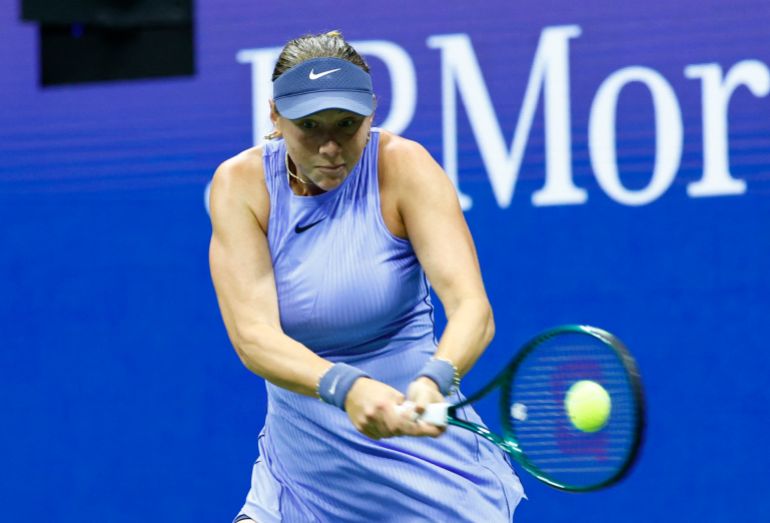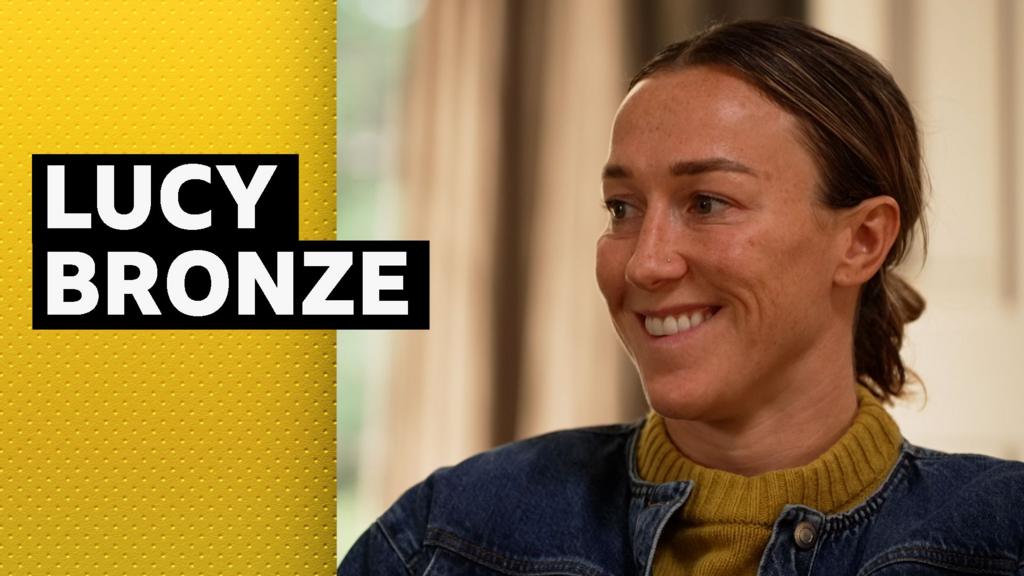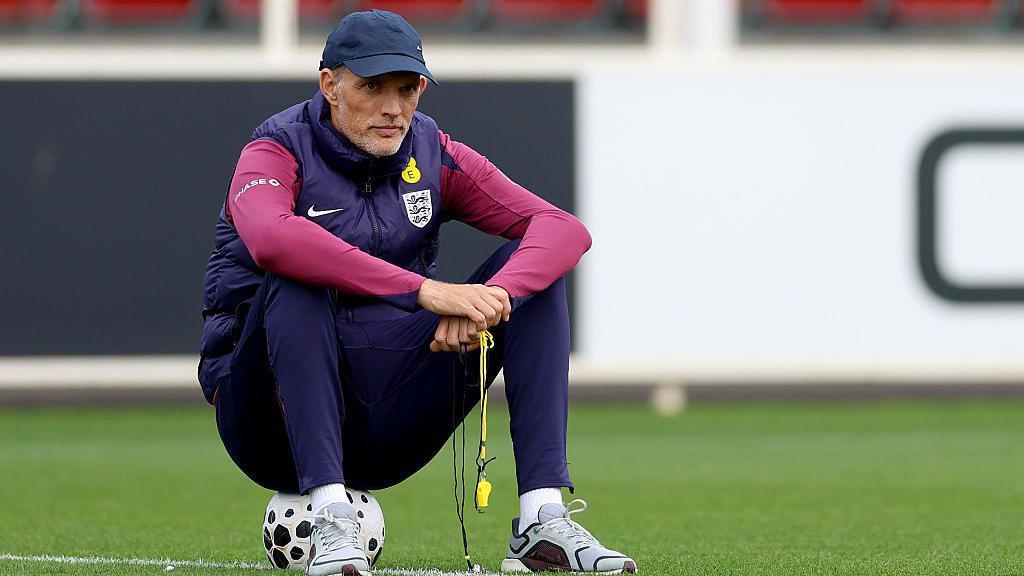A Nigerian female boxing player who missed a deadline for a new genetic sex test was told by BBC Sport that it was “heartbreaking.”
Blessing Oraekwe, who had been scheduled to compete in the 75 kg category, claimed World Boxing should pay compensation to cover the costs of her team’s erroneous journey to the UK.
According to the international body for amateur boxing, its gender eligibility requirements for women starting the event, which officially opened on Thursday, will apply to all female competitors.
It claimed that its athletes had been “punished for a bureaucratic failure and a policy that was communicated far too late.”
Then it became clear that three of Nigeria’s women’s team’s three fighters from five different countries had been barred.
Oraekwe remarked, “I feel so depressed.
My intention was to dominate the ring and steal the gold for my country, which was heartbreaking. I am aware of how much work went into this.
World Boxing refutes the criticism, saying that national federations will be in charge of testing because they have the closest connections to their boxers, have the best access to their fighters, and are best equipped to oversee the testing process.
It stated that all federations had been informed on August 21 that any results from sex testing that were submitted after September 1 would be considered “unacceptable” and that any athletes who entered the official draw and competition would be in danger of losing.
Teams were instructed to take into account their arrival time if testing was needed once in the UK.
Officials in Nigeria claimed Oraekwe and two of her team-mates had been tested in Leeds on Monday following their arrival in the UK, but they had not received their results until Thursday evening, when they had already been barred.
Oraekwe remarked, “They brought the tests late. We have spent a lot of money, so I only want to ask that World Boxing make up for our lack of success. World Boxing has received requests for comment, according to the source.
The French boxing federation also sent its five-member women’s team to the Leeds lab on Monday because sex tests are prohibited in France without a medical prescription.
It claimed on Wednesday that it had learned with stupefaction and indignation that the fighters would not be able to fight because, in spite of the assurances that World Boxing had given us, the laboratory they had referred to was unable to deliver the results on time.
In response, it stated, “Our athletes as well as those from other nations have been caught in this trap and excluded.”
Maelys Richol, a French fighter, stated to BBC Sport that she was “really upset about the situation.”
She continued, “I didn’t think it would turn out this way when I first arrived here.” We’ve been preparing for the World Championships for almost a year. And it’s difficult to learn that the day before.
The tests, according to World Boxing, were introduced to ensure safety and fairness in the women’s boxing competition.
We’re sympathetic because we know every boxer spends the night in the gym, according to Mike McAtee, acting secretary general of World Boxing.
However, boxing requires strict rules, as stated. Boxers should be protected from themselves and that our health and safety are paramount.
We gave plenty of notice, but we’re sympathetic to boxers, coaches, and federations who prepared and were unable to participate for any reason.
This is the only way to ensure that our athletes compete safely and competitively.
“We can always learn from our perspective,” he said. After that, we’ll examine how we can improve our organization so that our members can receive testing even if they are not permitted to do so in their own country.
The organization’s governing body declined to disclose whether any fighters who took the tests had failed.
Imane Khelif, an Algerian boxer, appealed the introduction of the genetic sex test last week to the Court of Arbitration for Sport.
Due to alleged failure of gender eligibility tests, Khelif and Taiwanese boxer Lin Yu-ting were exempt from the 2023 World Championships by previous world champion, the International Boxing Association (IBA).
Khelif and Lin are not competing in this year’s competition.
The pair won gold medals at the 2024 Paris Olympics after being permitted to compete by the International Olympic Committee (IOC).
If their passports indicated that they were female, competitors were admitted to the women’s division in Paris, according to the IOC.
Following the IBA’s suspension for failing to implement reforms, boxing underwent a significant reorganization in recent years.
related subjects
- Boxing






